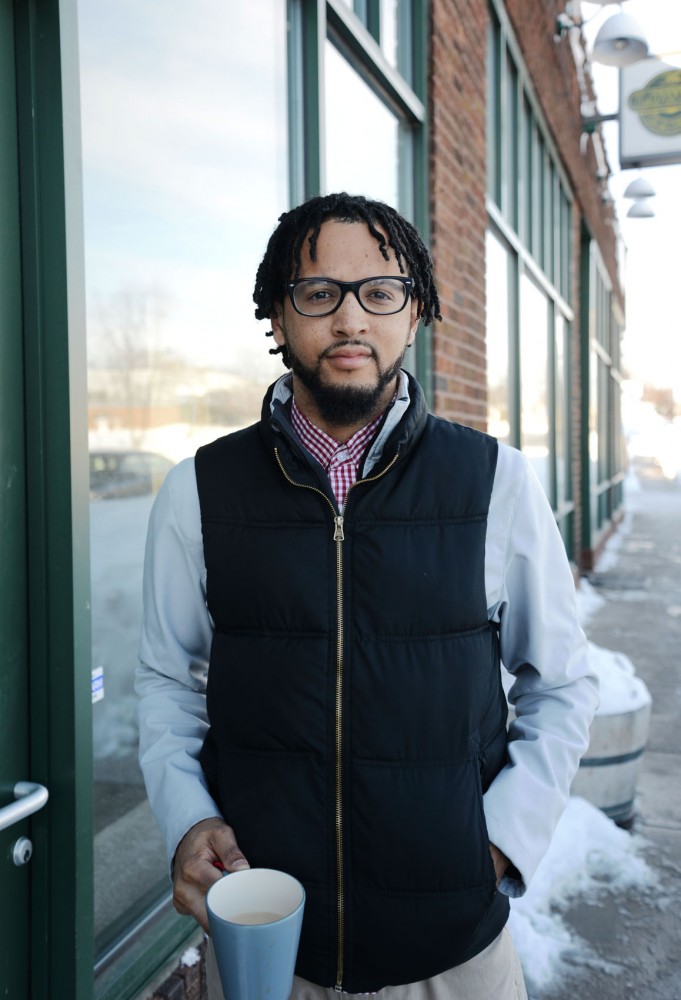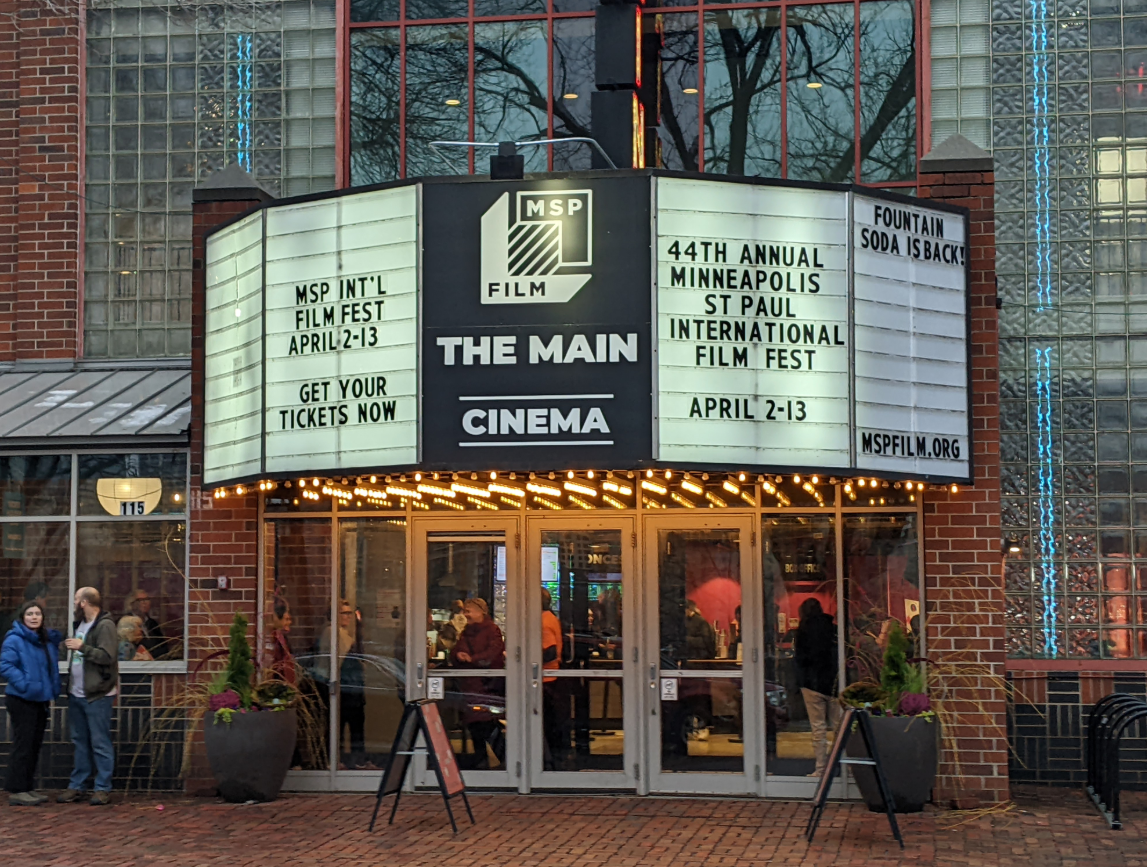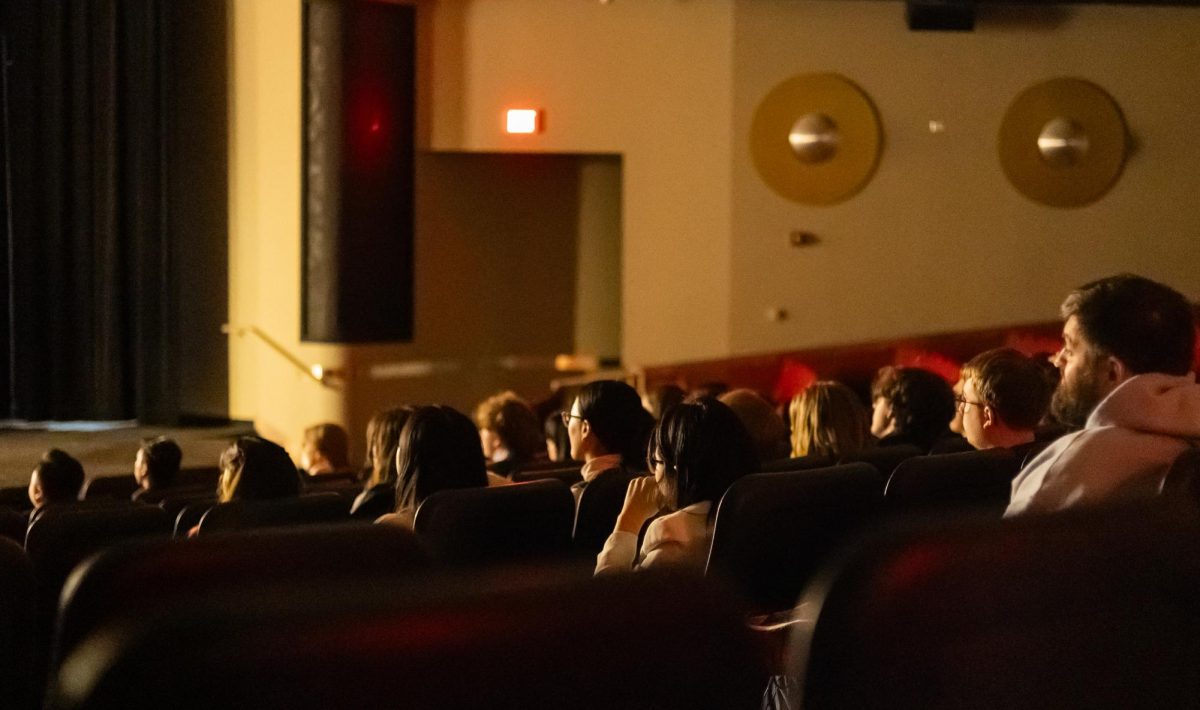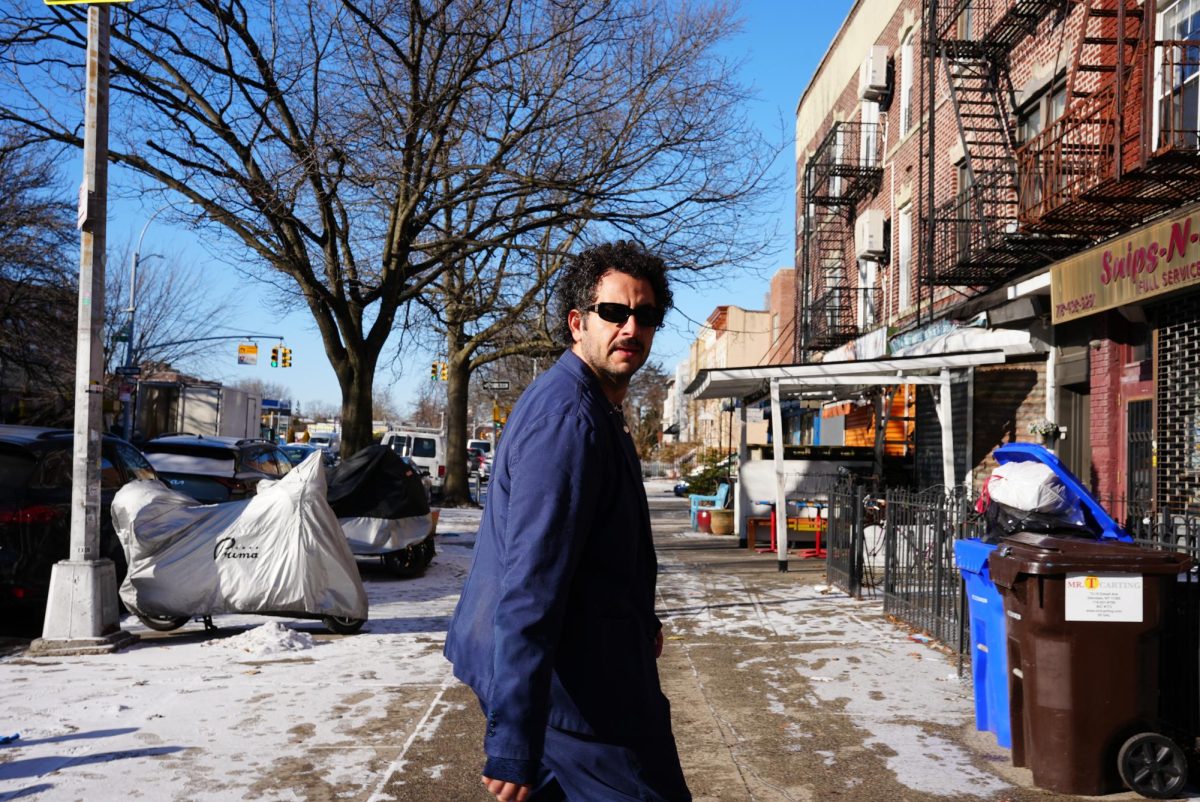Local author Chaun Webster and his wife Verna Wong dreamt for years of opening a bookstore.
But instead of offering popular children’s books or anything from the New York Times’ bestseller list, they wanted to put work by underrepresented, radical authors of color in their store window.
“All creativity comes out of necessity,” Webster said. “We have a lot of creative people in north Minneapolis, but we don’t have a lot of spaces out of which to operate.”
Webster and Wong modeled their idea after other independent bookstores and publishers around the country, such as Broadside Press in Detroit, Third World Press in Chicago and La Casa Azul Bookstore in New York City.
Thanks in part to a successful $10,000 Kickstarter campaign and more than 300 backers, they will be able to open Ancestry Books. The campaign is open through March 7.
In January, they signed a lease on a small Lowry Avenue storefront in north Minneapolis, an area that lacks arts-based community development.
There aren’t currently any bookstores in north Minneapolis. Uhuru Books, previously located near Lyndale Avenue and Lake Street, sold books by authors of color and hosted events like poetry slams and readings, Black History Month celebrations and voter strategy meetings. It is now closed.
Webster said he wants Ancestry Books to function as a “third space” between home and work where people of color can organize and define their own image.
He also founded Free Poet’s Press in 2009 to publish his and others’ work while bypassing conglomerate publishers.
“You don’t see a lot of black and brown authors in the major or even independent bookstores,” Webster said. “It’s about re-centering our narratives, which are a part of how we understand the world we’re in right now and reimagining what’s possible for the future.”
Ariah Fine, executive director of the Cleveland Neighborhood Association, said the bookstore will be a good resource for students at the nearby Lucy Craft Laney grade school.
“It’s important for them to read stories that they see themselves in, to see their history and future told in a way that’s empowering,” Fine said.
Past inspiration
Historically, independent bookstores have functioned as a place for thought leaders to come together and share ideas.
Black writers, artists, intellectuals and political leaders such as Malcolm X came to read, organize, work and socialize at National Memorial African Bookstore in Harlem, New York, which civil rights activist Lewis Michaux owned until the mid-1970s.
City Lights Books, a politically progressive bookstore in San Francisco, served as a beatnik meeting hub in the 1950s. Its founder, Lawrence Ferlinghetti, published many works by writers, including Charles Bukowski and Allen Ginsberg.
Similarly, Ancestry Books will provide a space where neighbors and community residents can come together to share ideas, connect with each other and talk about current events. It will also facilitate interaction and dialogue between local authors and community members.
“We think that space and place can impact how people move and connect, as well as how people from other parts of the city relate to our community in north Minneapolis,” said DeAnna Cummings, executive director and co-founder of Juxtaposition Arts.
The store will not focus on authors of color in general, but specifically those who produce left-of-center, radical works.
“I don’t necessarily want to have Clarence Thomas in the bookstore, even though he’s a black author,” Webster said.
Webster will also use the space to host performances, readings, workshops and music nights, especially during the summer, to engage community members with literary activities.
“There are so many bookstores that are aesthetically dry and don’t offer much beyond a cold, callous interaction with the books,” he said. “I don’t see reading that way.”
Backed by the community
Successful Kickstarters that are funded before their deadline often include “stretch goals,” or additional objectives made possible by donations that exceed the original amount requested.
Webster said he’s focusing his stretch goal on increasing the number of project backers, rather than the number of donated dollars.
“I’m interested in horizontal power and how it looks to have 1,000 or 10,000 backers,” he said. “Things like this aren’t possible without the community behind it.”
Most of north Minneapolis lacks the iconic and beautifully preserved public spaces and infrastructure that can be found elsewhere in the Twin Cities.
The store will be located in an area that is being redeveloped after the reconstruction of Lowry Avenue. Five years ago, several businesses were displaced in the process of widening the street, installing a new sewer system and fixing the infrastructure.
“We do have a lot of space that we need to redevelop,” said Darryl Weivoda, owner of North End Hardware and the Lowry Cafe. “It’s all about the mix that we have in here. The bookstore will make it a more complete business node.”
Ultimately, though, Webster would like to rezone his home in the Cleveland neighborhood and operate the bookstore there.
“The success of his campaign speaks very clearly to the hunger and support in our community for the kind of place that he and Verna are building,” Cummings said.








